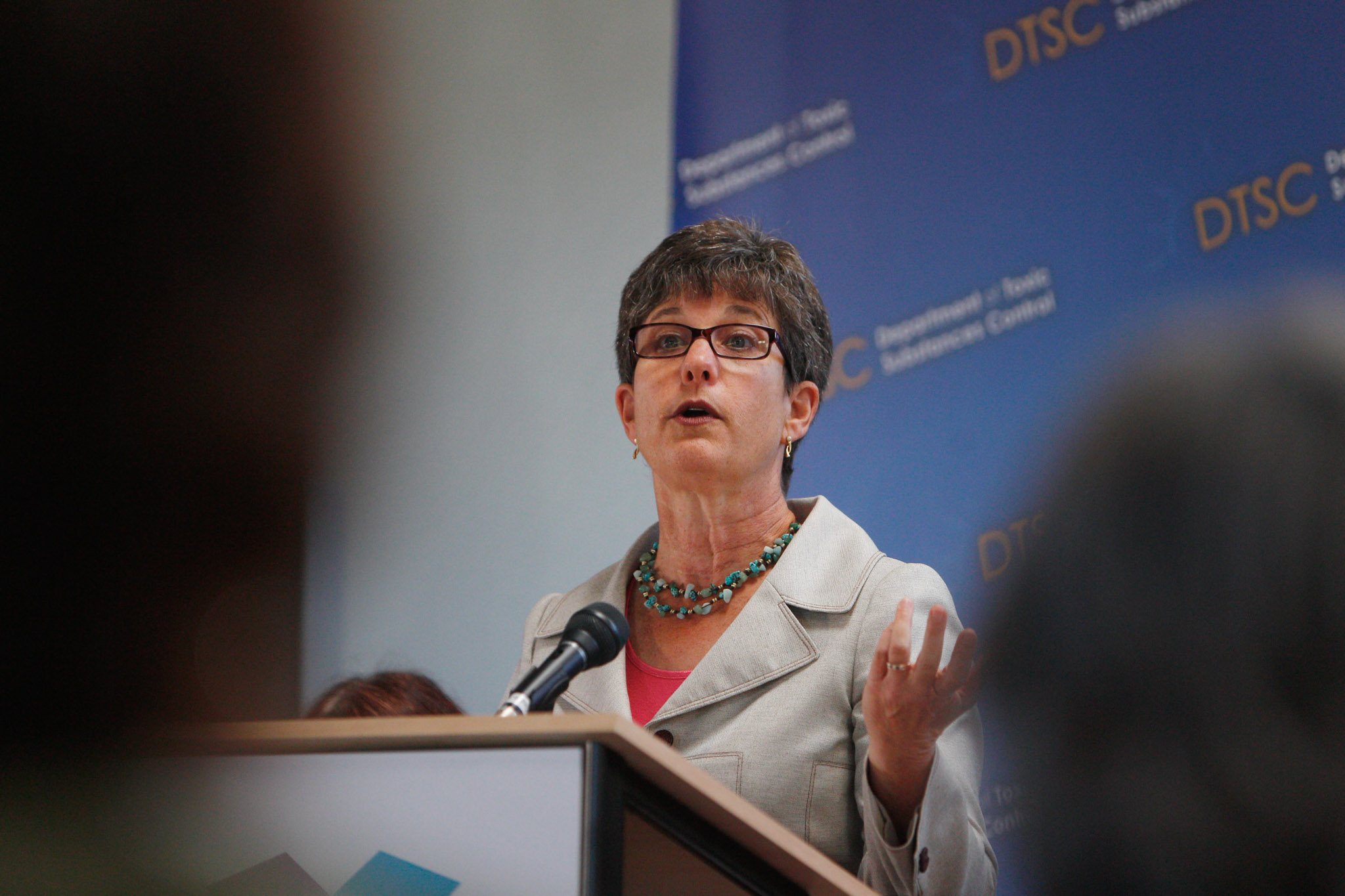A former San Francisco official whose ties to trash-hauling giant Recology swept her up in a City Hall scandal will settle her ethics case for a fraction of the $25,000 punishment she faced, newly released records show.
Ex-Department of the Environment head Debbie Raphael agreed Feb. 8 to pay $4,000 in penalties stemming from gifts she accepted from Recology and a nonprofit that raised money for her agency.
The gifts included Raphael attending an annual dinner at the Recology offices in 2019 and a gala to fight climate change at the Fairmont Hotel in 2018—a combined value of about $140 paid by the company, according to a filing from Ethics Commission staff.
While the gifts don’t amount to much, ethics staff found that Raphael shouldn’t have accepted them because she did business with Recology and the nonprofit, Friends of SF Environment.
Half of her $4,000 penalty is for signing a contract that benefited the nonprofit after it gave her $1,117 in event tickets the year prior. Ethics staff found the gifts broke conflict-of-interest laws despite Raphael saying she attended the events on behalf of her department.
Raphael led the Department of the Environment from 2014 until her April 2022 resignation after The Standard’s reporting and a city investigation found she solicited a $25,000 donation from Recology shortly before awarding the firm a lucrative landfill contract.
The donation helped pay for a series of city Earth Day events.
Raphael got tangled up in a broader scandal that led to federal charges against three Recology subsidiaries for donating hundreds of thousands of dollars to benefit an official in charge of setting rates San Franciscans pay for trash pickup: former Public Works Director Mohammed Nuru.
Ethics staff said Raphael broke a key rule that protects the public from undue influence and the appearance of pay-to-play by taking the gifts.
“Any violation of the restricted source rule compromises the public’s trust in the integrity of city government when officials are viewed as placing personal benefit over public duty,” ethics staff wrote. “Thus, even the acceptance of small gifts from a restricted source has the potential to erode public trust.”
However, ethics staff settled on a lower penalty against Raphael because she cooperated with the investigation and tried to reimburse Recology for portions of its gifts—showing a “desire to rectify past problems.”
Ethics staff also noted that Friends of SF Environment was “designed solely to support the department, not to seek business with it for its own interest.” The nonprofit accepted funds on behalf of the Department of the Environment and was staffed by people who worked under Raphael.
Raphael’s attorney did not respond to requests for comment.
A number of people showed up at an earlier Ethics Commission meeting to urge the body to clear her name. They said Raphael was a “consummate public servant” who sought to benefit her department, not herself.
The settlement needs approval from the Ethics Commission, which is expected to vote on the agreement Friday.
